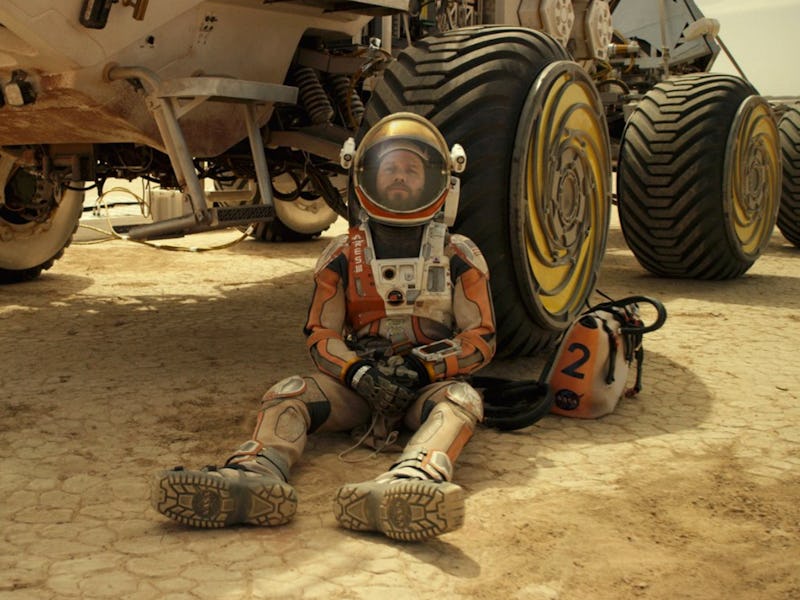The first human colonists on Mars will have to undergo some major adjustments. They’ll need to learn to cultivate Martian dirt, come to grips with the fact they’re probably not going home, and figure out a sexual situation. A seemingly less considered hurdle will be learning how to sleep on the red planet — and that in and of itself could make or break a mission. Luckily, researchers have encountered the secret to resting well on Mars: having a long circadian rhythm.
“One thing is Mars has an orbit that’s a little bit longer than Earth, but it’s a big deal because if you’re going to go from Earth to Mars, you’re going to have to be able to sleep 39 minutes longer every day,” Erin Flynn-Evans, who runs the sleep research center at NASA’s Ames Research Center, told The Washington Post. “One thing we’ve found is people who have longer circadian rhythms are probably better suited to go to Mars.”
To refresh your memory: Circadian rhythms are the physical, mental, and behavior changes driven by our biological clocks. Regulated by small nuclei in the middle of the brain, circadian rhythms typically are about 24 hours but they vary slightly from person to person. Circadian rhythms are also genetically determined.
An astronaut asleep in the ISS in 2007.
Circadian thinking is catching on at NASA and other space agencies because a tired astronaut is a potentially disastrous astronaut. On space flights, it’s been shown that a non-24-hour cycle of light and dark as well as a change in gravity load messes with astronaut’s circadian clocks, which then can jeopardize their mood, cognition, and overall performance. While NASA has been criticized previously for not taking sleep as seriously as they should, people like Flynn-Evans are working on techniques to help make sleep schedules in space possible, like using different light colors to either make astronauts more tired or awake.
When humans finally make it to Mars, they’ll be existing in a world where, The Atlantic notes, it will feel like they’re going West by two time zones every three days. In a 1997 experiment, scientists were instructed to live within these conditions, and they mutinied until the experiment ended. Opting to end the show early won’t be an option when astronauts are actually living there, so longer circadian rhythms could be the tipping point between success and disaster.
